Over 200,000 listeners tuned into Elon Musk’s online conversation with Alice Weidel, the co-leader of Germany’s Alternative für Deutschland (AfD), on his social media platform X Thursday. Musk has endorsed the anti-immigration party as “the last spark of hope” for Germany. Reactions were expectedly tetchy in Weidel’s home country where the AfD is polling in second place ahead of snap elections in February.
For about seventy-five minutes, Musk and Weidel chatted about everything from energy and immigration policy to God, Hitler and life on Mars. I’d never seen Weidel act so casually. She actually giggled when Musk jokingly said “yes” to her suggestion that nobody wants to be surrounded by yes men. “This is a completely new situation for me,” she said, “I can just talk uninterruptedly.”
This is precisely what many German politicians and commentators fear — loss of control over the AfD’s output. A team of up to 150 European Union officials were seconded to monitor the conversation and the algorithms used for its distribution on X. The administration of the Bundestag, Germany’s parliament, has also said it will check if the chat with Musk conforms to German electoral law.
An analysis showed that in 2024, the AfD only made up 2.6 percent of all appearances on political talk shows hosted by Germany’s publicly funded broadcasters. That’s despite the party holding 10.4 percent of seats in the current Bundestag and heading towards 20 percent after the next election. For all other parties their appearances were roughly proportionate or higher than their parliamentary size.
It’s therefore hardly surprising that the AfD leapt at the chance for an international platform. Despite her critics frequently ridiculing her English, Weidel is fluent in the language and able to give interviews outside of German media such as her recent appearance on Bloomberg.
Nervous about the idea that Musk enabled Weidel to have a “conversation without objections,” as Germany’s main public broadcaster ARD put it, commentators have tried to criticize the event in other ways. Health minister Karl Lauterbach from the center-left Social Democrats (SPD) thought the chat was “embarrassing” for Weidel. The political magazine Stern this week seeks to explain how ‘Elon Musk and Vladimir Putin manipulate the German election campaign’, featuring both on the cover in front of the Brandenburg Gate.
Is all the angst warranted? I think not. Sure, Weidel talked a lot of nonsense. As a historian, I found her comments on Hitler particularly grating. She claimed he was a “communist” who had “nationalized the entire industry.” In her view Hitler was framed as “right-wing” after the war. This has been a trope within the modern right for some time, often used to refute comparisons of their parties with the Nazis.
While it is true that National Socialism, as the name implies, originally had socialist factions, Hitler ruthlessly subdued them as he needed big business for his rise to power. The brothers Gregor and Otto Strasser found that out the hard way. Representing the anti-capitalist wing of the Nazi Party, Gregor was brutally murdered in 1934, and his brother Otto emigrated to Canada. The fear of communism, and the lure of profit from rearmament and economic stabilization, drove industrialists, media moguls and a disproportionate amount of middle-class voters into Hitler’s arms.
The deliberate misrepresentation of history for her own political ends, wasn’t the only distortion last night. The AfD’s anti-American streak also didn’t come up. The party’s draft manifesto for the election, due to be voted on at their party conference this weekend, argues that “the geopolitical and economic interests of the US increasingly diverge from those of Germany” while Russia is “a reliable provider and guarantor of cheap energy.”
Tino Chrupalla, Weidel’s co-leader, who receives far less attention than his colleague, argues that Germany should pull out of NATO unless the organization becomes less dominated by the US. “Europe has been forced to implement America’s interests, and we reject that,” he told German media. The AfD also can’t bring itself to condemn Russia’s invasion of Ukraine in its program but that topic too was cut short when Musk said he couldn’t speak for Donald Trump on the issue.
Musk and Weidel by no means represented a full picture of the AfD to the world Thursday, but that doesn’t mean they shouldn’t be free to have this conversation. Wolfgang Kubicki, a politician of the German Free Liberal Party and current vice president of the Bundestag put it well when he argued that “Freedom of opinion relies upon the exchange of opinions.” It isn’t the purpose of the state to “monitor the discussions of people — no matter where, whether on TV or on social media — so long as they don’t infringe any laws.” He added that “if we have 150 officials of the EU watching a discussion between Elon Musk and Frau Weidel, we have a democracy problem.”
One of the reasons for the rise of the AfD is that it speaks to concerns that have too long been ignored. Many Germans feel they can’t even voice them. A survey conducted in the 1970s showed that 83 percent of (West) Germans said that they could speak freely. When the same survey was taken again recently, only 40 percent agreed.
Musk gave Weidel room to talk about the “craziness” of Germany switching off its last nuclear plants at the height of the energy crisis caused by the turning off of Russian gas. Surveys showed that the majority of Germans opposed this decision. She talked about mass immigration when, according a recent poll, three-quarters of Germans said they want a “U-turn” on asylum policy. These and other topics were addressed in a casual, podcast-like setting that will sound unfamiliar to German ears.
German politicians, commentators and officials need to begin to realize that they have long lost control over how voters make up their minds. Part of the allure of the AfD for disgruntled voters is that it can credibly present itself as their voice. Ridicule of Weidel’s English, restriction of social media and 150 EU officials won’t change the way people feel about the issues the AfD addresses. Many voters are now so frustrated that they have stopped caring about the party’s distortions of history or the fact that it continues to contain a wing far more radical than Weidel’s.
Voters aren’t blindly beguiled by the AfD’s program, online events or politicians — if anything the party lacks a charismatic figurehead. They want someone to break the status quo and have identified the AfD as the most likely vehicle for that. The way back for Germany’s mainstream isn’t to double down on attacking the AfD, but to take their voters seriously.



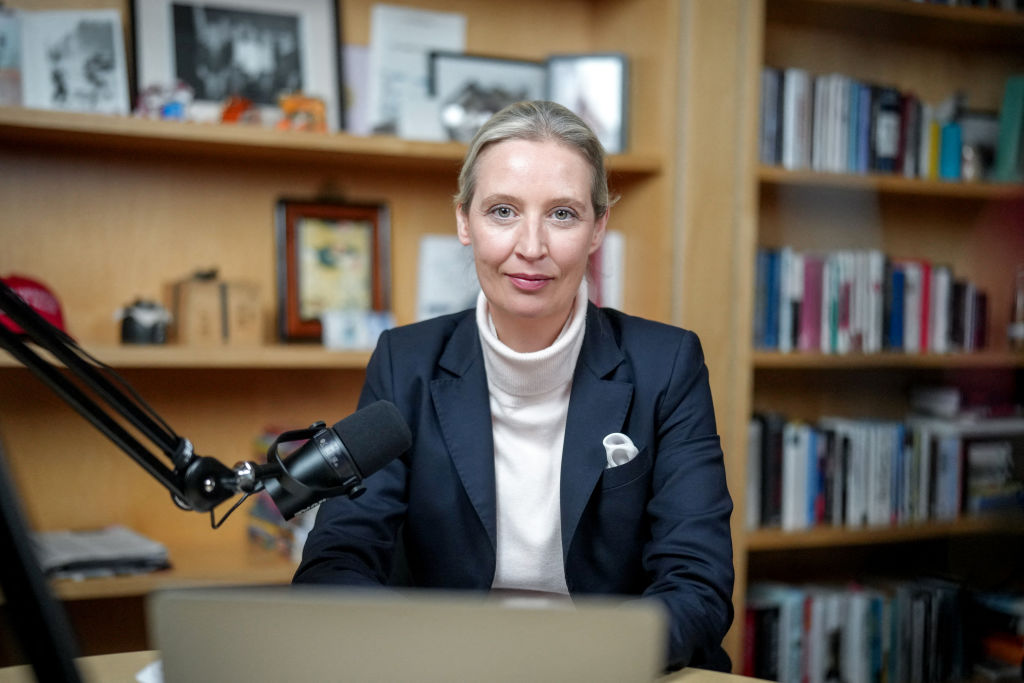






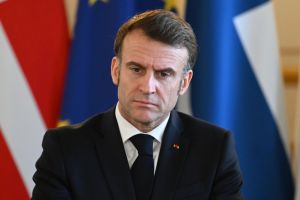
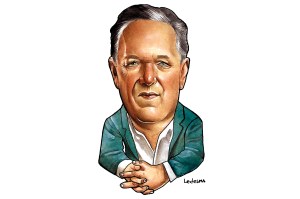

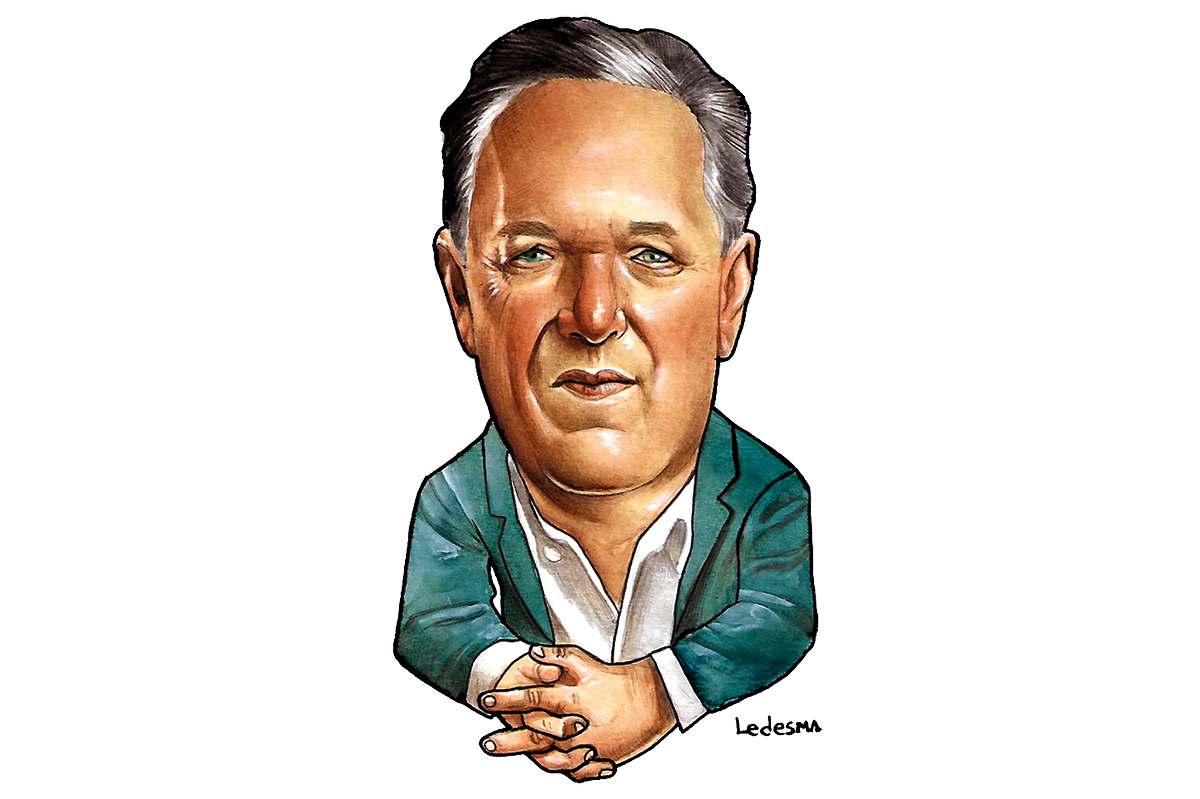
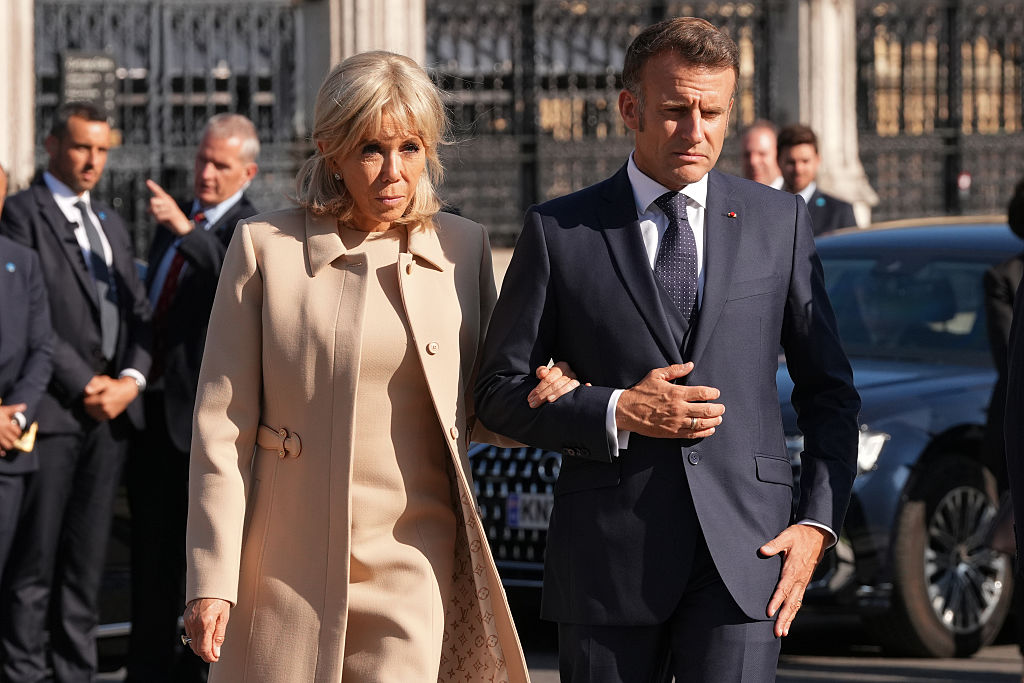



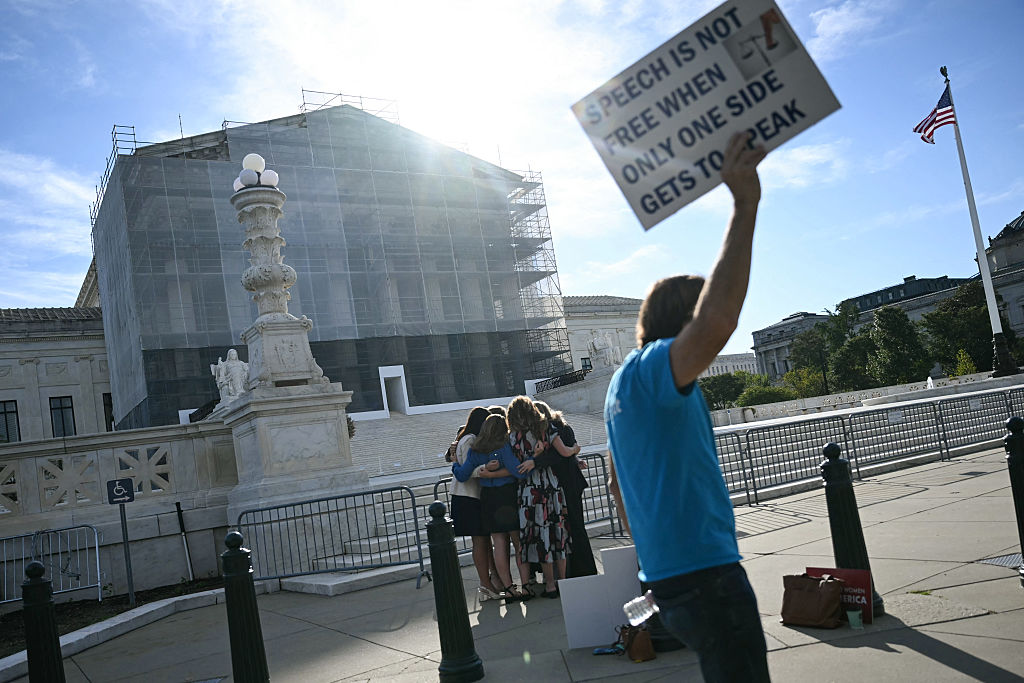







Leave a Reply